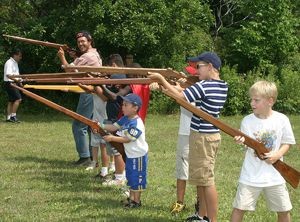
Brenda’s Blog – November 3, 2015
“Why are all those trees sitting out there in the field?”
Driving through rural America, I could see miles and miles of farmland. “America the Beautiful” always comes to mind. As I topped a rise, I noticed a strange grove of tall evergreens, flanked by smaller trees, and then a hedge of shrubs. It looked out of place among the crops.
I approached the area and saw the house nestled among this great wall of greenery. This was not a random planting, but a purposeful grouping of trees creating a windbreak and protection for the house. The wind which blew across the fields had nothing to stop its impact unless a natural wall existed.
The residents of this house wisely constructed a shield against the weather.
I started thinking about the need for emotional, professional, and relational windbreaks. We are vulnerable to the ravages of negativity, misunderstanding, and hostility. We are open to those who accost us. What can we do? How can we help others? By building windbreaks!
How do we do that? By being firmly grounded in the knowledge of ourselves and the knowledge of God. Scripture warns us against being people who are blown by every wind – this way and that. We need to have our values, our character, and our strengths well in hand. When the blustery environment challenges us, we should be like Martin Luther: “Here I stand, I can do no other.” This doesn’t mean we are stubborn, intransigent, and “ornery.” It means we know who we are and are willing to hold because we know how we best make our unique contribution.
And then, we must know who God is. What is His character? What is His message to us? How can we appropriate His grace and mercy? When the storms come, we can be assured of His presence and His care. It doesn’t mean the weather doesn’t get bad – it just means we have a Divine Windbreak.


